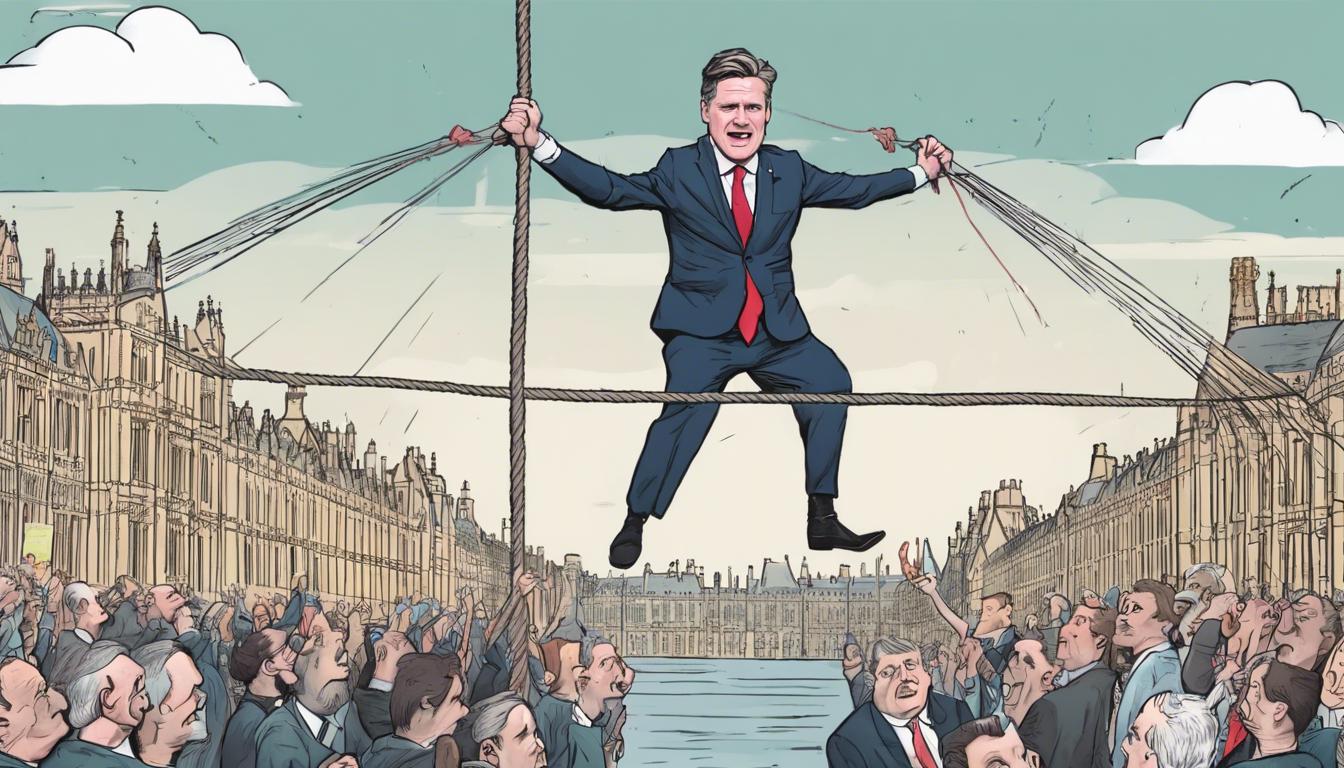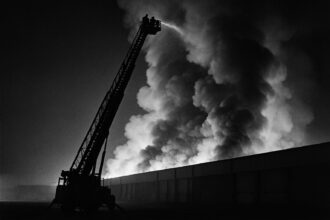Twenty Labour councillors, including all members of Pendle borough council, have resigned, citing concerns over national leadership interference and unfair selection processes. This comes amid internal disputes yet growing member support for Keir Starmer’s leadership.
In a recent turn of events, twenty Labour councillors from Lancashire, including all 10 members of Pendle borough council, have resigned from the party. They cited concerns over the national leadership’s attempts to control their speech and grievances regarding unfair selection processes. Mohammed Iqbal, a Pendle councillor, voiced his discontent with the leadership’s approach to dictating how councillors can communicate and operate within their communities.
These resignations follow a series of departures from the party, including the leader of Burnley borough council and 10 others, due to disagreements over Labour’s stance on the Gaza conflict and the leadership style of Keir Starmer. Despite these setbacks, Labour’s national campaign coordinator, Pat McFadden, urged the remaining party members to concentrate on the upcoming local elections and the support of candidates seeking re-election.
Amidst this backdrop of resignations and internal conflict, a Labour Together report has indicated a substantial increase in support for Keir Starmer’s leadership among party members, with 81% expressing their approval in October 2023. This is juxtaposed with the party’s shrinking membership numbers following Starmer’s succession of Jeremy Corbyn, although there has been a noticeable rise in member confidence regarding Labour’s chances in the forthcoming elections.
The recent wave of resignations, especially in Lancashire, underscores the continuing challenges Labour faces in balancing party unity with individual member expression. Nevertheless, with an eye toward the next general election, Labour maintains its focus on achieving a majority to implement its policies effectively. This series of events paints a complex picture of the current state of the Labour party, characterized by internal disagreements on policy and leadership, contrasted with a growing optimism about its electoral prospects.













